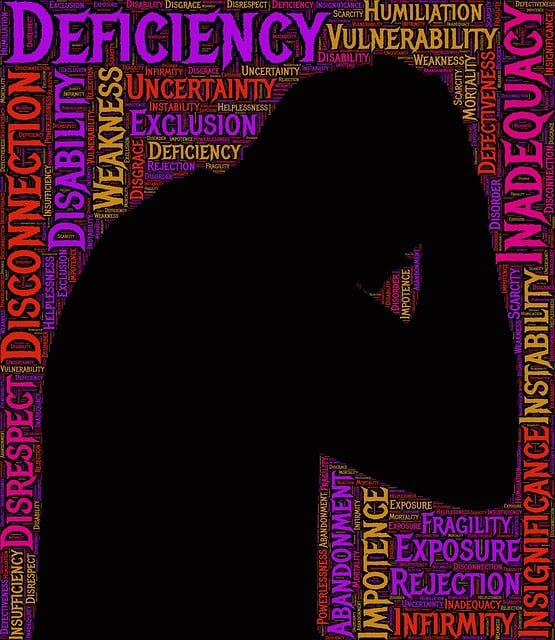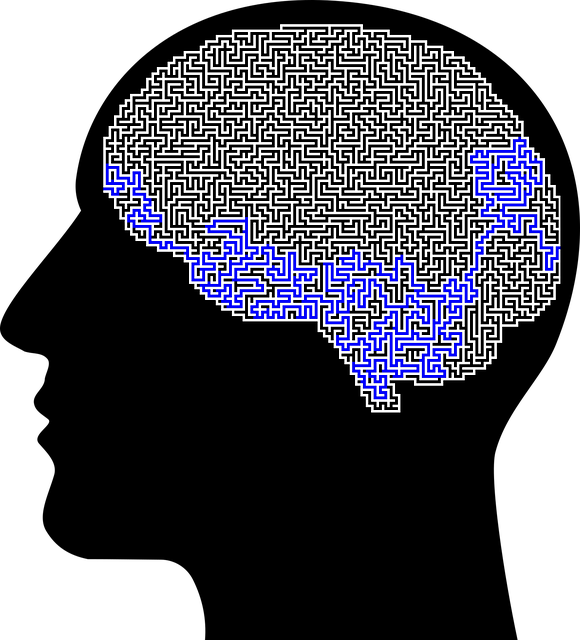Mental wellness self-assessment tools based on Littleton DBT (Dialectical Behavioral Therapy) effectively promote awareness and proactive mental health management. These tools, incorporating emotional regulation, distress tolerance, mindfulness, and interpersonal effectiveness, help individuals assess coping skills and identify strengths and weaknesses in managing daily challenges. Integrating DBT principles can significantly enhance self-awareness and coping mechanisms for both healthcare providers and clients, preventing burnout and supporting better care quality through continuous refinement based on user feedback and research.
Mental wellness self-assessment tools play a pivotal role in fostering individual growth and resilience. This article explores the development of such tools, drawing inspiration from the evidence-based Littleton Dialectical Behavioral Therapy (DBT) framework. We delve into designing effective self-evaluation mechanisms, integrating DBT principles to enhance self-awareness and coping strategies. Through rigorous testing and refinement, we ensure the accuracy and relevance of these assessments, providing valuable insights for personalized mental wellness journeys.
- Understanding Mental Wellness Self-Assessment: The Littleton Dialectical Behavioral Therapy (DBT) Framework
- Designing Effective Tools for Self-Evaluation: Key Components and Strategies
- Integrating DBT Principles: Enhancing Self-Awareness and Coping Mechanisms
- Testing, Refining, and Personalizing: Ensuring the Accuracy and Relevance of Assessment Tools
Understanding Mental Wellness Self-Assessment: The Littleton Dialectical Behavioral Therapy (DBT) Framework

Mental wellness self-assessment tools play a pivotal role in fostering individual awareness and promoting proactive mental health management. At the heart of this approach lies the Littleton Dialectical Behavioral Therapy (DBT) framework, which offers a structured yet flexible model for understanding and addressing complex emotional issues. DBT is renowned for its effectiveness in treating borderline personality disorder, but its principles extend far beyond this diagnosis.
The framework encourages individuals to develop a balanced perspective by integrating mindfulness practices, effective communication skills, and healthy coping mechanisms. This holistic approach facilitates self-care routine development for better mental health, equipping people with conflict resolution techniques and compassion cultivation practices to navigate life’s challenges. By understanding their emotional triggers and implementing evidence-based strategies, individuals can enhance their overall well-being and resilience.
Designing Effective Tools for Self-Evaluation: Key Components and Strategies

Effective self-assessment tools for mental wellness should incorporate several key components to ensure they are both comprehensive and user-friendly. One such tool, inspired by principles of Littleton Dialectical Behavioral Therapy (DBT), can include sections on emotional regulation, distress tolerance, mindfulness, and interpersonal effectiveness. By evaluating these areas, individuals gain valuable insights into their coping skills development and mental health awareness, enabling them to identify strengths and weaknesses in managing daily challenges.
To enhance the tool’s effectiveness, incorporate strategies such as rating scales that allow users to assess their experiences over specific timeframes. Additionally, include open-ended questions that encourage reflection on personal triggers, coping mechanisms, and recent improvements or setbacks. Integrating components like Conflict Resolution Techniques can empower users with practical strategies for navigating interpersonal difficulties, fostering a holistic approach to mental wellness.
Integrating DBT Principles: Enhancing Self-Awareness and Coping Mechanisms

Integrating Dialectical Behavioral Therapy (DBT) principles into self-assessment tools can significantly enhance individuals’ self-awareness and coping mechanisms. DBT, originally developed by Dr. Marsha Linehan for treating borderline personality disorder, emphasizes mindfulness, distress tolerance, emotional regulation, and interpersonal effectiveness. By incorporating these core components into mental wellness assessments, individuals gain valuable insights into their emotional responses and triggers.
This approach supports users in developing personalized strategies to manage stress and prevent burnout, especially relevant for healthcare providers. In the context of Burnout Prevention Strategies for Healthcare Providers and Risk Management Planning for Mental Health Professionals, DBT-informed tools can contribute to early identification of at-risk individuals and facilitate timely interventions. Furthermore, integrating these principles into Mental Health Education Programs Design ensures that practitioners are equipped with effective techniques to support their own mental wellness while assisting clients in theirs.
Testing, Refining, and Personalizing: Ensuring the Accuracy and Relevance of Assessment Tools

Developing mental wellness self-assessment tools requires a meticulous approach to testing, refining, and personalizing them for maximum accuracy and relevance. The process starts with rigorous clinical trials involving diverse populations to ensure the tool’s validity across various demographics. Feedback from therapists, such as those practicing Littleton Dialectical Behavioral Therapy (DBT), is invaluable during this phase, helping to identify potential biases or gaps in the assessment.
Once initial data is collected, continuous refinement cycles are essential. Incorporating user feedback and ongoing research ensures the tools remain up-to-date, effective, and sensitive to the evolving needs of individuals seeking mental wellness support. By prioritizing accuracy and relevance, these assessments can effectively guide stress reduction methods, crisis intervention guidance, and even contribute to Mental Illness Stigma Reduction Efforts, ultimately enhancing the quality of care provided.
The development of mental wellness self-assessment tools, guided by the Littleton Dialectical Behavioral Therapy (DBT) framework, offers a comprehensive approach to enhancing self-awareness and coping mechanisms. By integrating key DBT principles, these tools enable individuals to accurately assess their mental health, identify areas for improvement, and cultivate healthier behaviors. Continuous testing, refinement, and personalization ensure that assessment tools remain accurate and relevant, fostering effective self-care practices and overall well-being.










